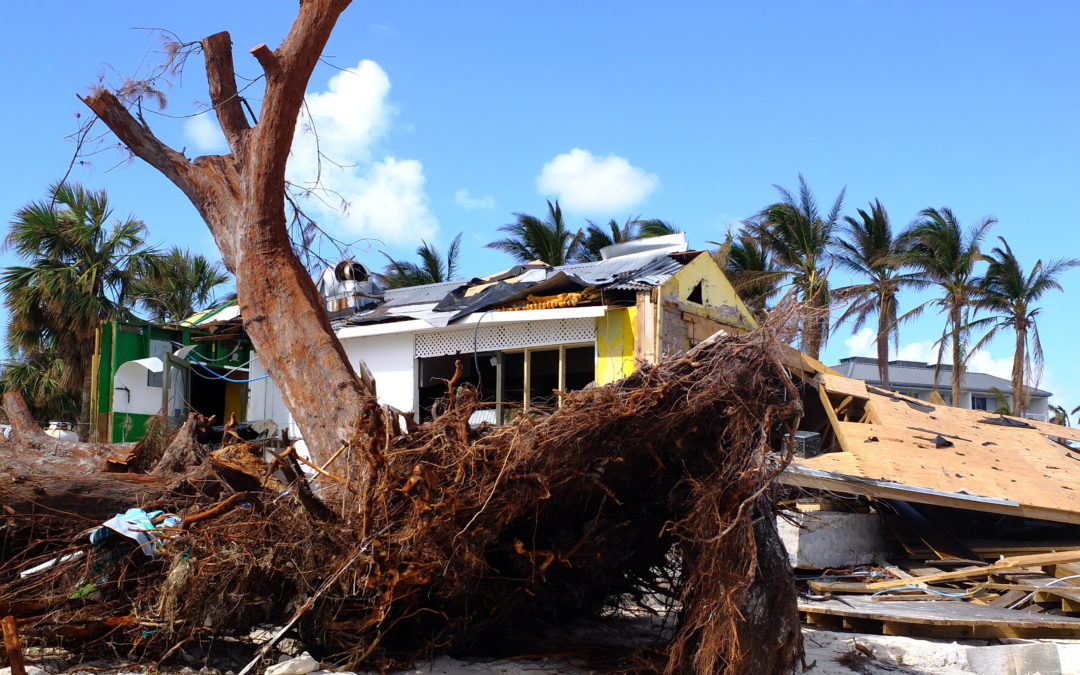Hurricanes. Tropical Storms. Floods. Fires. Disasters like these rarely follow a predictable course. For businesses that are affected by them, recovery is often not just a question of repairing a building or restocking inventory, it’s also about recovering lost earnings and managing the disaster’s effects on suppliers and markets, critical infrastructure, and employees. As we’ve seen with the major hurricanes that impacted the Bahamas in recent years, businesses can face tremendous challenges as they sort through a host of complicated problems. For businesses and the insurers who cover them, forensic accountants offer important assistance in the recovery process.
Forensic accountants and insurance claims
Forensic accountants with the right expertise can make the disaster recovery process easier for everyone involved. After a claim is filed an insurer often needs specialized assistance to analyze and quantify the scope of covered damages. Forensic accountants who have work experience in this area help clients – businesses impacted and insurers – form a clear picture of losses covered under a policy.
A forensic accountant’s analysis is often driven by the particular coverage the business has. Insurance policies vary, but they typically cover several categories of damage, each with their own particular requirements. For example, property damage coverage may require one type of analysis while business interruption coverage require another. Quite often an affected business will have more than one applicable policy, and the forensic accountant can help sort out how various losses should be determined.
The challenge of calculating business interruption losses
Forensic accountants use broadly accepted methods to analyze a business and calculate projected losses. Historical data will provide a vital starting point. The more financial history a business has, the stronger the foundation upon which a projection can be made. Even with a long, well-documented history, an analysis can’t simply take for granted that the past would continue to repeat itself. Instead, the forensic accountant should also consider the broader trends within the client’s industry and changing market conditions.
In addition to developing a financial model of the business, the forensic accountant prepares a business interruption calculation to arrive at an estimate of lost earnings. A number of components go into this calculation. Lost gross profit is normally the starting point. It may take into account historical trends in the business’s revenue streams, contracts that the business couldn’t perform as a consequence of the disaster, and actual results at other locations or similar competitors that were not affected by the loss. The calculation will also examine the costs associated with the loss itself, like extra staffing, added costs to resume operations, or emergency measures taken to avoid breaching important agreements. Finally, the equation must consider and set-off all the costs that the business has avoided by being shut down due to the natural disaster. All of these factors are examined during the loss period and adjusted for inflation and interest to arrive at the net insurance claim.
The importance of disaster recovery experience
A forensic accountant’s focus is to complete this process with objectivity, reasonableness and open communications. Within various parts of a time element calculation, there are numerous components that are open to varied interpretation. The context of disaster recovery often adds an additional layer of challenge to the process, which is one reason why working with a forensic accounting firm with experience handling all types of claims that emanate from a disaster is important.
Helping clients respond to disasters has been a big part of Intelisys’ work for many years. In the wake of major events we can respond quickly so the process of developing a comprehensive loss analysis can begin as soon as possible. To learn more about how Intelisys may be able to help you, please contact us today.
Ed Rahming, CA, CPA, CFF, CFE, MBA is the Founder and Managing Director of Intelisys, a boutique asset recovery firm based in the Bahamas. The firm specializes in the provision of corporate recovery and cross border insolvency, litigation support, and debt recovery services.


Recent Comments